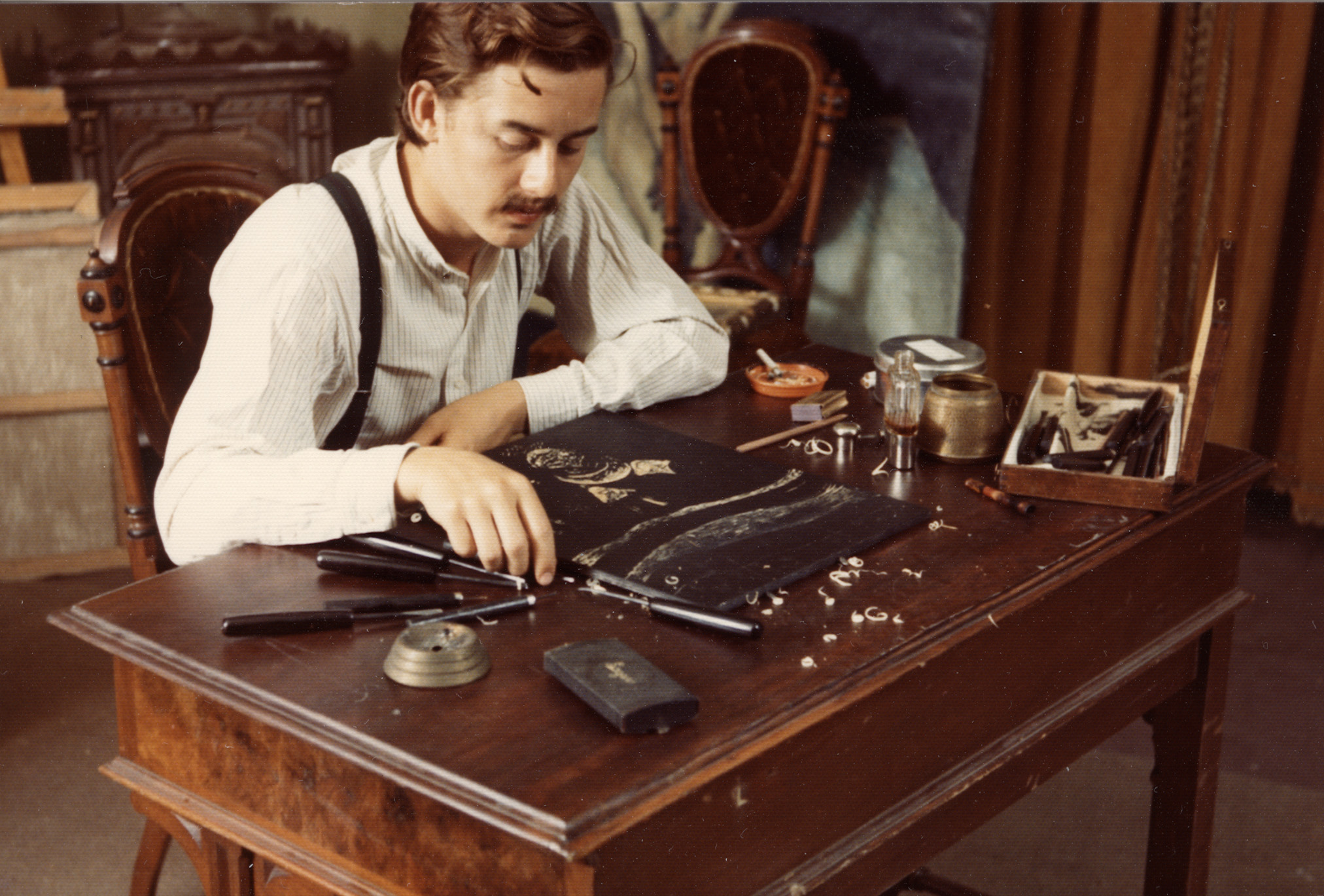HOW FILMMAKERS THINK TV
Manuel Garin and Gonzalo de Lucas

Since the Fifties, the television projects of many filmmakers implied an aesthetic and political dimension: a quest to widen both mediums, to explore new pedagogic and creative possibilities in a sort of fiction lab that bridged different genres and artistic disciplines: History, art and philosophy (Rossellini, Godard, Rohmer, Marker, Kluge, Watkins, Warhol), theatre and the novel (Bergman or Fassbinder).
It is a lesser-known or lesser-seen history, partly because of the poor distribution that most of those films, programs and series had after their original broadcast (sometimes due to the networks’ laziness or lack of real interest; others because such long-duration works are rarely screened in film theaters), but a very important one for its unique quality and specificity –determined by the means of production– and for the transmission of controversial forms and ideas regarding image and sound, forms that question and reshape the narrowing boundaries between cinema and television. Even so, in most monographs about such filmmakers their television work occupies a marginal space or it’s regarded as a sort of retirement from cinema or even a self-abasement, ignoring that some of them worked for television consistently throughout their careers (as in the case of Bergman’s, Fassbinder’s or Rossellini’s television oeuvre). But the fact is that it would be fair to claim that Six fois deux /Sur et sous la communication (INA, 1976), Atti degli apostolic (RAI-ORTF, 1969), Maison des bois (ORTF 2, 1971) or L’Héritage de la chouette (La Sept, 1989) remain among the best of Godard/Mélville, Rossellini, Pialat or Marker.
Therefore, many filmmakers have understood television as a space of public critique and intervention, which allowed reaching a wider audience; as a place for rethinking the educational and knowledge processes that moving images make possible; as a space of performance that opens new methodologies to work with the actors (from Renoir to Watkins). At the same time, television also grounded the work of many documentarians –Wiseman’s longstanding production for the PBS being the most celebrated case– and gave birth to unique essayistic forms (Pasolini, Welles or Godard), not to mention the possibilities that serial television fostered for filmmakers like Lynch or Von Trier.
In 1977, Rossellini mentioned that ‘the coming into stage of television triggered a series of absurd battles between the small and the big screen’. Almost forty years have gone by and the absurd persists. In this issue of Comparative Cinema we intend to share our passion and curiosity about the television projects of a number of filmmakers that, for decades, worked naturally in both mediums, from Renoir to Kluge, between Godard or Iván Zulueta: promises of a future past of television that, according to Fran Benavente and Glòria Salvadó, have always been part of the medium’s DNA. To go back to the working materials of Orson Welles in the Fifties (words, the voice) to better understand what someone like Louis C. K. is doing now. To interview a contemporary filmmaker like Lodge Kerrigan to listen him explain, in a down to earth manner, how directing TV episodes now reminds him of classical Hollywood’s directorial assignments. To explore connections between the past and the present in order to bring cinema and television screens together, comparatively.
If, as Fassbinder said, it is not the same to explain a story in three hours than in fifteen, the liaisons between television and cinema reshape key issues of audiovisual language such as narrative structure and tempo, repetition and difference, the type of viewer or the size of the screens. This issue seeks to explore in depth some of those formal and ideological variables through comparison, trying to go beyond the preexisting binaries of the cinematic and the televisual. What does filming a face episodically, or repeating a gesture one episode after another, entail? Can we think of a responsibility of cinema and a responsibility of television? How much truth is there in the authorial claims of showrunners? Impossible to give a simpler answer, but maybe these pages will help us raise, as Rossellini claimed, more questions.
Nº 7 HOW FILMMAKERS THINK TV
Editorial. How Filmmakers Think TV
Manuel Garin and Gonzalo de Lucas
DOCUMENTS
Cinema and television
Roberto Rossellini
Three questions about Six fois deux
Gilles Deleuze
Birth (of the image) of a Nation
Jean-Luc Godard
The viewer’s autonomy
Alexander Kluge
Cinema on television
Marguerite Duras and Serge Daney
Critical films were possible only on (or in collaboration with) television
Rainer Werner Fassbinder
Medvedkin and the invention of television
Chris Marker
TV, where are you?
Jean-Louis Comolli
FILMS UNDER DISCUSSION. INTERVIEWS
Between film and television. An interview with Lodge Kerrigan
Gerard Casau and Manuel Garin
ARTICLES
Ten founding filmmakers of serial television
Jordi Balló and Xavier Pérez
Sources of youth. Memories of a past of television fiction
Fran Benavente and Glòria Salvadó
Television series by Sonimage: Audiovisual practices as theoretical inquiry
Carolina Sourdis
The televisual practices of Iván Zulueta The televisual practices of Iván Zulueta
Miguel Fernández Labayen
REVIEWS
JACOBS, Jason and PEACOCK, Steven (eds.). Television Aesthetics and Style
Raquel Crisóstomo
WITT, Michael. Jean-Luc Godard. Cinema Historian
Carolina Sourdis
BRADATAN, Costica and UNGUREANU, Camil (eds.), Religion in Contemporary European Cinema: The Postsecular Constellation
Alexandra Popartan

